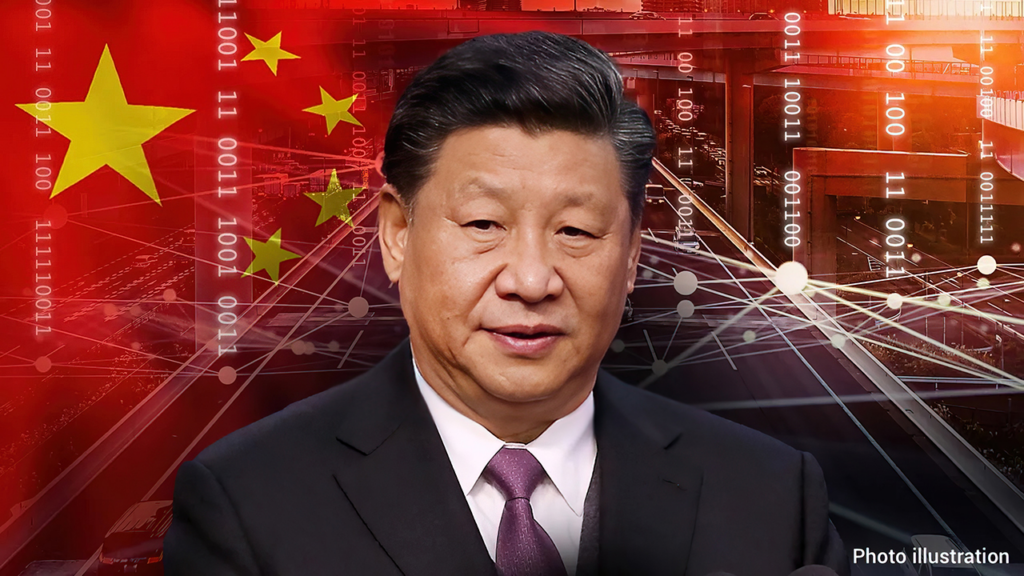Financial Dealings and Board Member Links Raise National Security Concerns
Recent revelations by The Gateway Pundit have uncovered concerning details about Bank of America’s deep connections to the Chinese Communist Party (CCP). These ties span from significant investments to collaborations with Chinese organizations. Such associations raise alarms over national security and suggest that profits may have been placed above the country’s interests.

Historical Ties with the CCP
The links between Bank of America and the CCP date back to 2005 when the bank made a $3 billion investment in China Construction Bank (CCB). This deal, at the time, marked the largest-ever foreign financial investment in China. Although Bank of America sold its stake in 2013, it continues to be one of the only eight U.S. banks allowed to operate locally in China. This rare privilege comes with CCP approval, indicating a level of alignment with Chinese interests.
Board Members with Chinese Connections
Bank of America’s board members have also shown direct connections to entities tied to the CCP. Maria Zuber and Lionel L. Nowell III, both serving on the bank’s board, are also part of the leadership at Textron. Textron is a major aviation company that has close ties with AVIC, a Chinese state-owned defense conglomerate. AVIC has been sanctioned by the U.S. Treasury for aiding the People’s Liberation Army, raising questions about the bank’s complicity in aiding CCP-affiliated enterprises.
Another board member, Arnold Donald, managed Carnival Corporation’s 2015 partnership with China State Shipbuilding Corporation (CSSC), a CCP-controlled entity. Despite CSSC’s involvement in China’s military-civil fusion strategy, the partnership advanced with the backing of China’s sovereign wealth fund.
Connections to Military-Linked Entities
Bank of America’s board also includes Denise Ramos, who is also a part of Raytheon’s board of directors. Raytheon, a major defense contractor, continues to rely on Chinese suppliers, despite increasing security concerns. In 2023, it was revealed that Raytheon had subcontracted with Dahua, a Chinese tech company flagged by the U.S. for its links to Chinese surveillance and military technology.
Pierre de Weck, another senior advisor to Bank of America, has also played a significant role in investing in controversial Chinese companies. De Weck’s firm, General Atlantic, has invested in Bytedance, the parent company of TikTok, as well as Shein and WuXi Biologics—companies with ties to forced labor allegations and dual-use research, respectively.
Financial Support for CCP-Aligned Narratives
Bank of America has also been implicated in funding groups that promote CCP-aligned narratives. In 2021, the bank donated $1 million to Asian Americans Advancing Justice (AAAJ), an organization that has been vocal in its opposition to U.S. efforts to combat CCP espionage. The group has also criticized the Justice Department’s “China Initiative,” which seeks to counter Chinese influence in the U.S.
Stewart Kwoh, AAAJ’s founder, has longstanding ties to Bank of America and has worked with the Chinese Consulate in Los Angeles, further solidifying the concerns over the bank’s involvement with CCP-aligned initiatives.

Hostility Toward Conservative Views
Amid these extensive ties with CCP-linked organizations, Bank of America has also come under fire for allegedly discriminating against conservative customers. In 2023, 15 state attorneys general sent a stern letter to CEO Brian Moynihan accusing the bank of de-banking individuals based on their political and religious beliefs. The letter described the bank’s actions as a “serious threat to free speech and religious freedom,” and it called for greater transparency from the bank.
This discriminatory behavior raises broader concerns about the influence of foreign entities on domestic financial institutions and their willingness to prioritize profit over national security.
Bank of America’s extensive connections to the Chinese Communist Party through investments, board member affiliations, and funding of pro-CCP organizations suggest that the bank has placed its financial interests above national security concerns. As these revelations continue to unfold, it becomes clear that Bank of America’s leadership faces mounting questions over the risks its entanglements with the CCP pose to both its customers and the U.S. at large.
These concerns will likely drive further scrutiny of the bank’s operations and its alignment with foreign powers, particularly in the context of national security and political freedoms.
35,204 hits




